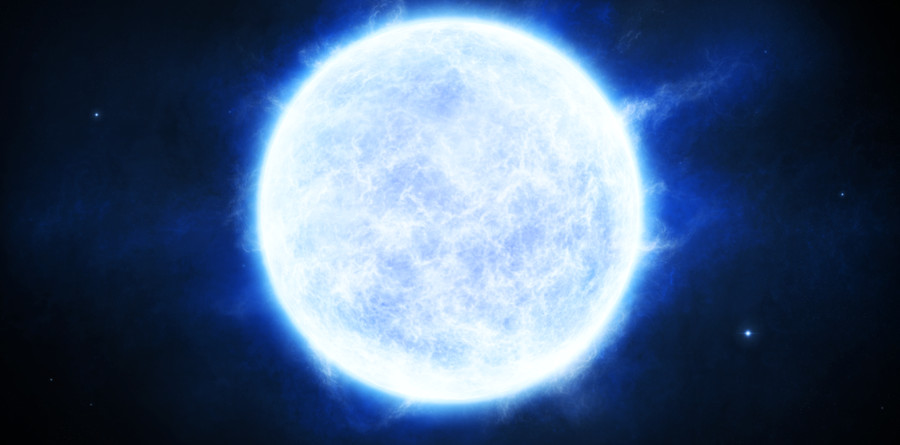 |
|
Hot stars are very important objects for astrophysics. Massive hot stars, for example, are the drivers of the ecology of our universe, as they lose mass through their winds and explode as supernovae; their remnants constitute neutron stars and black holes. Low-mass hot stars are advanced stages of stellar evolution and have their evolutionary history engraved in their interiors. The physical phenomena occurring in these objects are often similar, as a consequence of their similar temperatures. Yet we can understand these processes better by not restricting investigations to one group only. The goal of the present project is just that: to learn more about hot stars in general, about the physics that determines their behaviour as observed on the outside, but also governed by the conditions in their insides. To obtain the knowledge we are striving to gain, we make use of a common phenomenon occurring in those stars: temporal changes in their light output. We study the variability of a large number of hot stars, and try to find commonalities and differences. In addition, we study some selected representatives in detail and determine how they are structured in their interiors - just like we know the Earth's interior from the analysis of earthquakes. Such a project has never been carried out before on such a large scale. It is timely to do that now, as the facilities to do so are or will soon become available. We have chosen a suitable set of instruments for our task, such as high-precision time-resolved brightness measurements from space and from the ground. We study these stars at different wavelengths to obtain information on the cause of their variability. At the end of this project, we shall have advanced the knowledge on hot stars and their light variations in general, and we expect to uncover the presence of physical phenomena that have been predicted, but not yet confirmed - and perhaps discover completely new ones.
|
